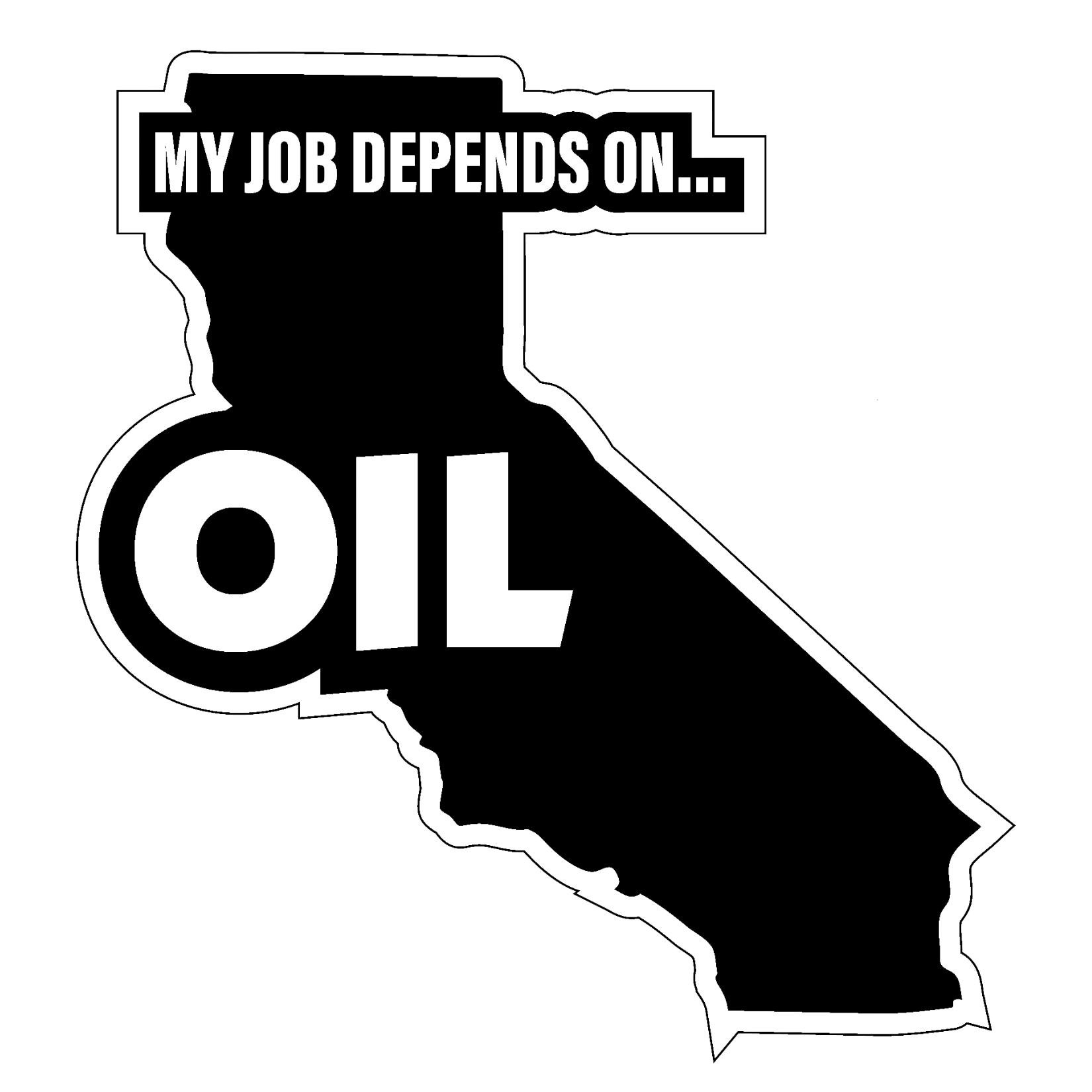
Tyson Bagley is the United Steelworkers Health and Safety representative with Phillips 66, working at the refinery in Rodeo, California, which will convert to green fuels next year. Photo by Frank Lopez
Written By Frank Lopez
It’s no secret that a certain industry sits in the crosshairs of both the California Legislature, governor and environmental groups: the oil industry.
In September, Gov. Gavin Newsom signed SB 1137, which prohibits new oil and gas wells, or retrofitted existing wells, in a new buffer zone of 3,200 feet from homes, schools, nursing homes and hospitals.
In December, Newsom proposed a price-gouging penalty on “Big Oil,” citing California refiners’ record profits and high gas prices for motorists.
According to Newsom, the oil industry made $63 billion in only 90 days after hiking up the cost of gas.
Prices this past summer and fall peaked in California at $6.42 per gallon, even though the cost of crude oil went down and there were no changes in taxes, regulations or fees.
A Consumer Watchdog poll shows that more than 60% of Californians support profit caps on oil refiners.
In addition, Newsom has called for commercial vehicles, drayage trucks and eventually private vehicles to be electric powered by 2040.
In addition, Newsom has called for commercial vehicles, drayage trucks and eventually private vehicles to be electric powered by 2040.
Headlines about particulate emissions and bad air quality — especially in the Central Valley — do not leave the oil industry in a good light with the public.
Green conversion
The oil industry is now fighting to change those perceptions.
In Rodeo, California, the Phillips 66 San Francisco Refinery is investing nearly $1 billion to become one of the world’s largest renewable fuel facilities, no longer processing crude oil and instead recycling waste oil, fat, grease and vegetable oil.
Expected to begin commercial operation in 2024, it will produce an initial 800 million gallons of green fuels including renewable diesel, renewable gasoline and sustainable aviation fuel.
Tyson Bagley, United Steelworkers Health and Safety representative with Phillips 66, has been in the industry for more than 12 years, starting his career as a roughneck working on oil rigs.
Bagley stresses his industry is not only important to people’s livelihoods, but also to everyone who uses oil products — from the cars they drive, to heating and cooling their homes, to the clothes they wear and even the prescription medicines they rely on.
“Almost every single thing has an imprint from fossil fuels,” Bagley said.
He acknowledged attempts by oil executives and political leaders to connect with the public on these issues, but he said they fall on deaf ears.
That brings us to a new campaign to share the stories of workers in the fields and refineries — as well as those in peripheral businesses such as trucking companies — to enhance public perception.
“The message now is ‘we are attempting to show you through labor what we do, and the energy that we create is of vital importance to California,’” Bagley said.
Bright minds
For about three decades now, some of the largest oil and gas companies have invested in the renewable energy sectors.
Bagley said the oil industry has some of the brightest minds employing changing technologies to invest in renewable energy for the future.
Bagley does note that decades ago, such as in the 1960s and 1970s, oil companies were not as concerned with their environmental practices. But in the last 30 years, large oil companies have been at the forefront of developing technology to reduce air pollution, he said.
He points out that the oil industry workforce lives in the communities where they work — and they don’t want to breathe bad air or drink polluted water.
There can be a bridge between both sides of the issue, Bagley said.
“Both sides of the energy spectrum — from fossil fuels to the green energy movement — can coexist together and thrive,” Bagley said.
Market forces
Higher gas prices did lead to trepidation about fuel use for consumers, but Bagley wants the public to understand that the oil industry is based on supply and demand.
There are less refineries in California compared to 20 years ago — dropping from 18 to 11. With restrictions on drilling and decommissioned pipelines, oil supply has shrunk in California. And the cost to operate is higher.
Bagley said that the legislative policies restricting the industry in California, which has the resources to produce the oil for a reasonable cost, are reflective of attacks on the industry.
In December, business advocacy group BizFed Central Valley launched a public awareness campaign, “My Job Depends on Oil,” to call for support for workers in the oil industry.
For the little guy
CEO of BizFed Central Valley Clint Olivier said the team has been working on the campaign for the last four months — during controversial debates about energy and the oil industry.
The campaign wasn’t launched to defend oil executives and those in the boardroom, but for the “little guy” in the industry and their families, as well as the actors downstream — oil and gas service providers, manufacturers and trucking companies.
Environmental concerns and measures are important, Olivier said, but so are the people whose livelihoods depend on the industry.
Olivier said that renewable energy is a great thing to aspire to, but for now, the California economy would come to a halt without California oil.
“As we move forward as a society, we can’t forget about the human element in the oil industry. The oil industry is a human endeavor — tens of millions of people rely on a successful industry for transportation, farming, medical care and the conveniences we enjoy every day,” he said.
https://thebusinessjournal.com/campaign-highlights-regulatory-impacts-to-oil-workers-consumers/

